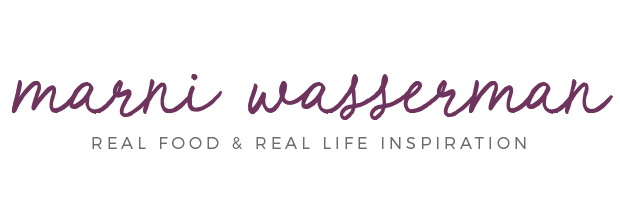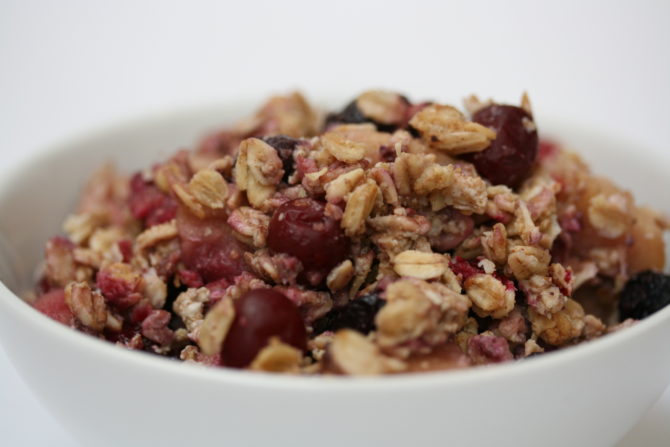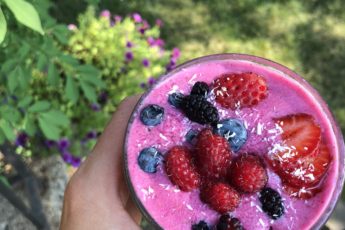Last week I held a workshop in conjunction with the Holistic cooking Academy. The topic and premise was focused on meal planning for Cancer. Whether you are a cancer survivor or preventing and living each day to it’s full health potential – I discussed the importance and essentials of a plant based diet. There is no better way to attain optimal health than through a plant based diet. Within this very specific yet broad topic there was so much to discuss. But I had to limit myself as this workshop could of gone on for hours. Instead it was a 4 hour class which comprised of a two hour discussion of some of the vital nutrients for cancer and then went on to a hands on cooking class in the kitchen. We made some incredible and tasty recipes!
There are many different dietary approaches when it comes to Cancer and when it comes to any kind of healing for that matter.
Here are some of the possible dietary approaches:
- vegetarian/vegan
- superfoods/raw foods (sprouting, smoothies, etc.)
- macrobiotic diet
- organic whole foods / balanced proteins, carbs, fats
Here are the FOOD GROUPS for Optimal Health:
1. Vegetables
With a strong emphasis on veggies… ideally 50 % of your meals should come from vegetables. Leafy greens are amongst the most important and are often neglected (Kale, spinach, swiss chard, collards, bok choy and the list goes on). Let’s not forget about sea vegetables either – this includes Arame, Dulse, Nori, Kombu and Wakame. They are especially beneficial in preventing breast cancer. Almost all vegetables can be eaten raw or lightly steamed.
2. Fruits
Fruit is best eaten between meals or at least 1/2 hour before other foods. It is also best to eat fruit in season rather than stored, bottled or frozen.
3. Legumes (beans, lentils, split peas…)
Excellent source of protein, carbohydrates, dietary fiber and many important nutrients. Approximately 15% of your meals should come from this category.
4. Whole Grains
This includes the whole grain and preferably gluten free grains such as quinoa, amaranth, millet, brown rice, wild rice and limited amounts of spelt, kamut, barley, oats and rye. Grains should comprise of a good part of a balanced diet as whole grains are high in fiber, complex carbohydrates and B vitamins. Whole grains provide long lasting energy and are critical nerve conduction. Try to limit/avoid refined and processed flours and flour containing products – they are high in sugar and stripped of their essential nutrients.
5. Animal protein
Best avoided, but this is not the case for everyone. So if you feel you must consume meat, limit it to wild-caught fish, naturally raised organic poultry, and small amounts of organic, pasture-fed beef. Dairy is mucus forming, and is best avoided. Good quality kefir, sheep’s milk or organic dairy is an exception, and can be consumed in moderation.
6. Soy
Fermented soy products (tempeh, miso, tamari) and edamame (young soy beans) are beneficial. Tofu and other processed soy products (milk, cheese, ice cream, soy protein) should be avoided. These foods have been considered healthy meat and dairy alternatives for a long time, however recent research shows that they are poorly digested and may even inhibit proper protein digestion.
7. Nuts and seeds
Up to 5% of your meals should come from this category. Nuts and seeds are high in protein and healthy fats, and they supply various vitamins and minerals as well. Soaking and dehydrating will make nuts more easily digestible. Enjoy things such as almonds, walnuts, pumpkin, sunflower, hemp, chia and flax seeds!
8. Oils
Use good quality oils in moderation (cold pressed, extra virgin). For light cooking olive oil is the best, for higher temperatures use coconut or grape seed oil. Hemp, walnut, and flax oil are great for salads – never heat these oils. You can also add them to smoothies, but make sure you just mix them in with a spoon at the end, and do not blend.
Avoid all hydrogenated and processed forms of oils (ie. margarine).
9. Sweeteners
Refined sugar feeds cancer cells. Artificial sugar substitutes are linked to cancer as well. Honey (raw) and pure maple syrup are great in moderation.
10. Additional Items (condiments, herbs, spices)
Apple cider vinegar, lemon juice, carob powder, dark chocolate, unsulphured dried fruits, miso, herbs, spices, sea vegetables
Lots of herbs also have potent anti-cancer properties. (turmeric, ginger, garlic, cinnamon, basil, rosemary, clove, chilli pepper, thyme, parsley, fennel, anise or coriander)
Green Powders
In addition to green leafy vegetables, pure green powders are key to alkalizing they body and help to rid the body of excess toxins and residues. They provide energy because of their concentrated and easy to absorb form of nutrients. Enjoy 1 tsp – 1tbsp of pure powder with water in the morning or add them into smoothies and vegetable juices. – vitamineral greens, ormus supergreens, chlorella and E3 live are among my favourites!
The Hit Recipe of the day was this super powered dish – which is full of fiber, vitamins, antioxidants, low in sugar and can be enjoyed for breakfast, dessert or a midday snack.
Apple-Berry Crisp
Filling:
6-8 McIntosh or Golden Delicious Apples
8 ounces fresh or frozen blueberries
1 tablespoon lemon juice
Pinch of sea salt
¼ teaspoon cinnamon
Pinch of cardamom
½ cup apple juice mixed with 1 tablespoon arrowroot powder (this acts like corn starch)
Crisp:
2 cups rolled oats
½ cup almond flour
¼ cup cold pressed coconut oil
2 tablespoon maple syrup
Pinch of sea salt
Pinch of cinnamon
Instructions:
- Rinse apples (peeling is optional if they are organic). Quarter them, remove seeds and slice thinly.
- Place apples and blueberries in baking dish. Sprinkle with lemon juice, sea salt, cinnamon and cardamom and pour juice over fruit. Toss to mix.
- Mix crisp ingredients and crumble over fruit evenly.
- Press down gently; bake at 350 degrees F, for 30 to 45 minutes, until crust is crunchy and golden and apples are soft.



